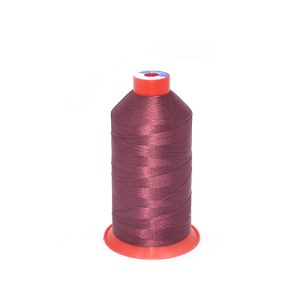
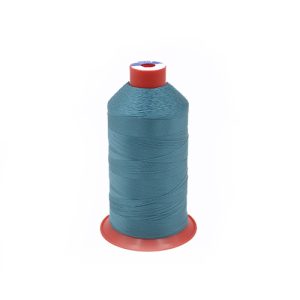
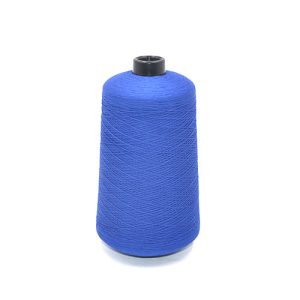


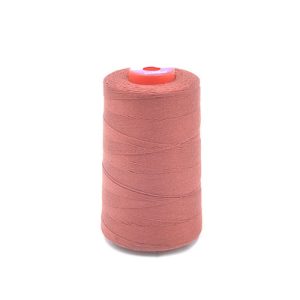
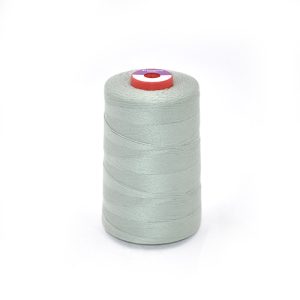
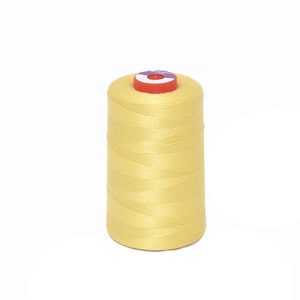

Core Advantage (Most Prominent Feature): By adjusting fiber twist, using polyester fibers with hollow/irregular cross-sections, or applying air expansion treatment during spinning, more gaps are created inside the thread. This gives the thread a fluffy and plump appearance, along with a lighter and softer touch.
Inherits Basic Advantages of Polyester:
Unique Functions:
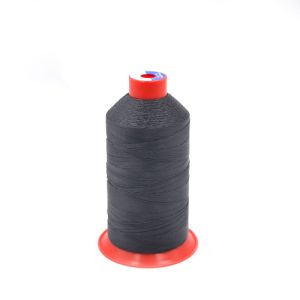
Monofilament and Multifilament:
Basic Advantages of Filament Structure
The fibers are continuous filaments (with a length of up to several kilometers). After twisting, the formed thread body has a smooth surface and uniform evenness, without the fuzz and joints commonly seen in short-fiber threads. Therefore, it is not easy to pill or break during sewing or weaving, and the finished product has a neater and more delicate appearance.
Inherent Properties of Nylon Material
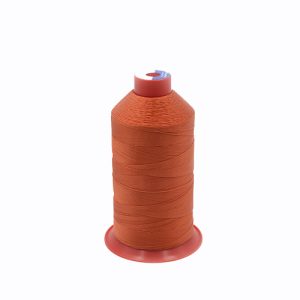
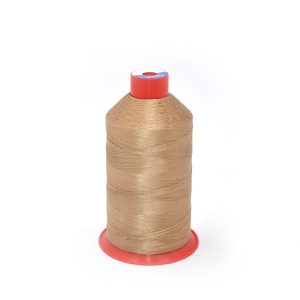
Ultra-High Strength & Wear Resistance
Car seats, safety belts, door panel fabrics endure constant stretching and friction (e.g., passenger entry/exit, seat adjustment). The sewing thread must have much higher breaking strength than regular garment threads, with no easy fuzzing or breaking after long-term friction.
It is usually made of high-strength fibers (nylon, polyester, aramid, etc.); high-strength industrial yarns are even used for critical parts like safety belt sewing.
Environmental Stability
Eco-Friendliness & Safety
Complies with automotive environmental standards (EU REACH/RoHS, China GB), containing no formaldehyde or heavy metals to avoid odors or health risks.
Flame retardancy is required for parts near the engine compartment to reduce fire risks.
Appearance Consistency
Thread color must match interior fabrics accurately, with high wash/light fastness to avoid fading/color bleeding.
Uniform thread evenness (no joints, minimal fuzz) prevents uneven stitches or exposed ends after sewing.
Contact our yarn sales team.
Contact us today! Our experts will provide the right solution for your yarn needs.
Contact our yarn sales team.